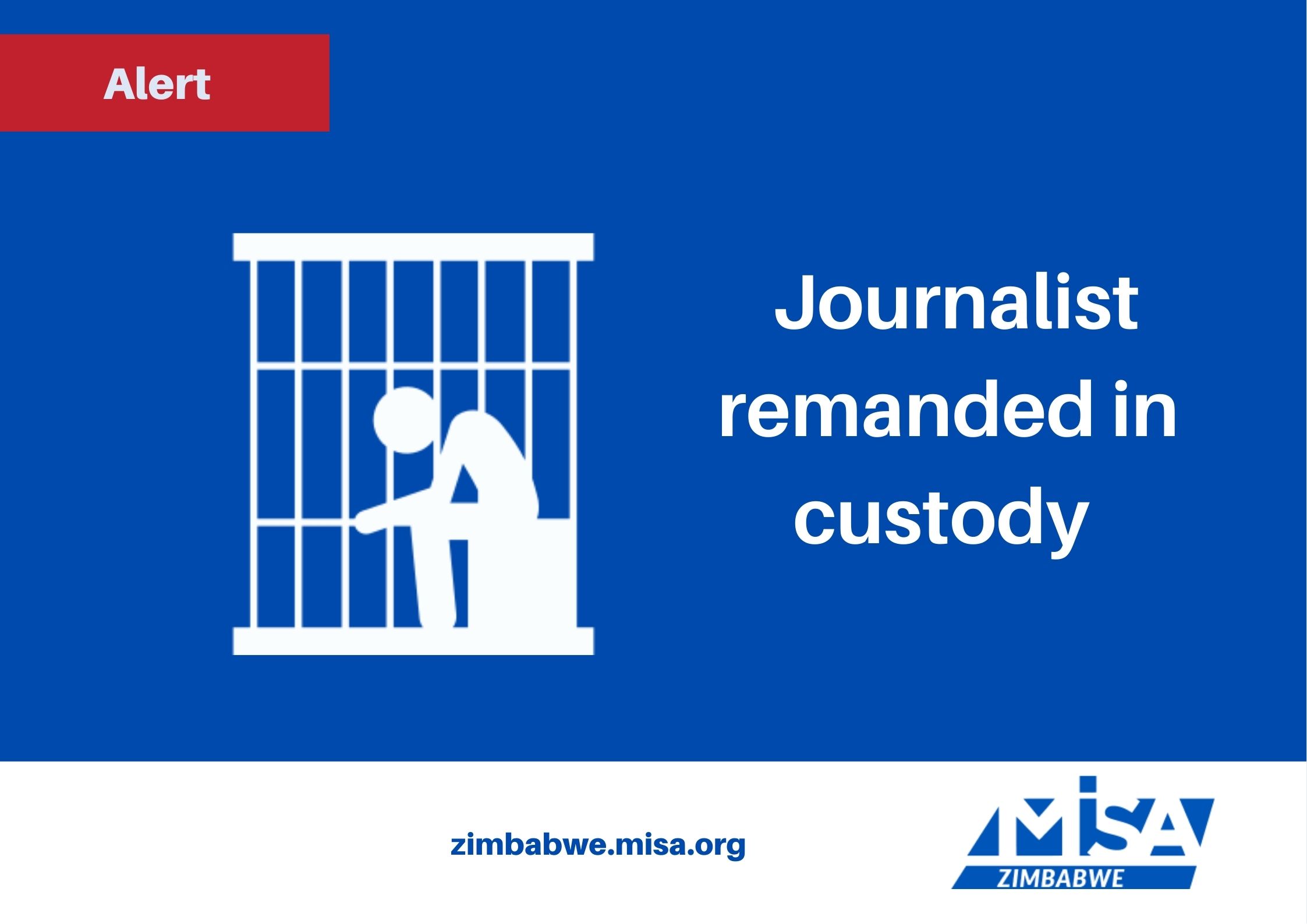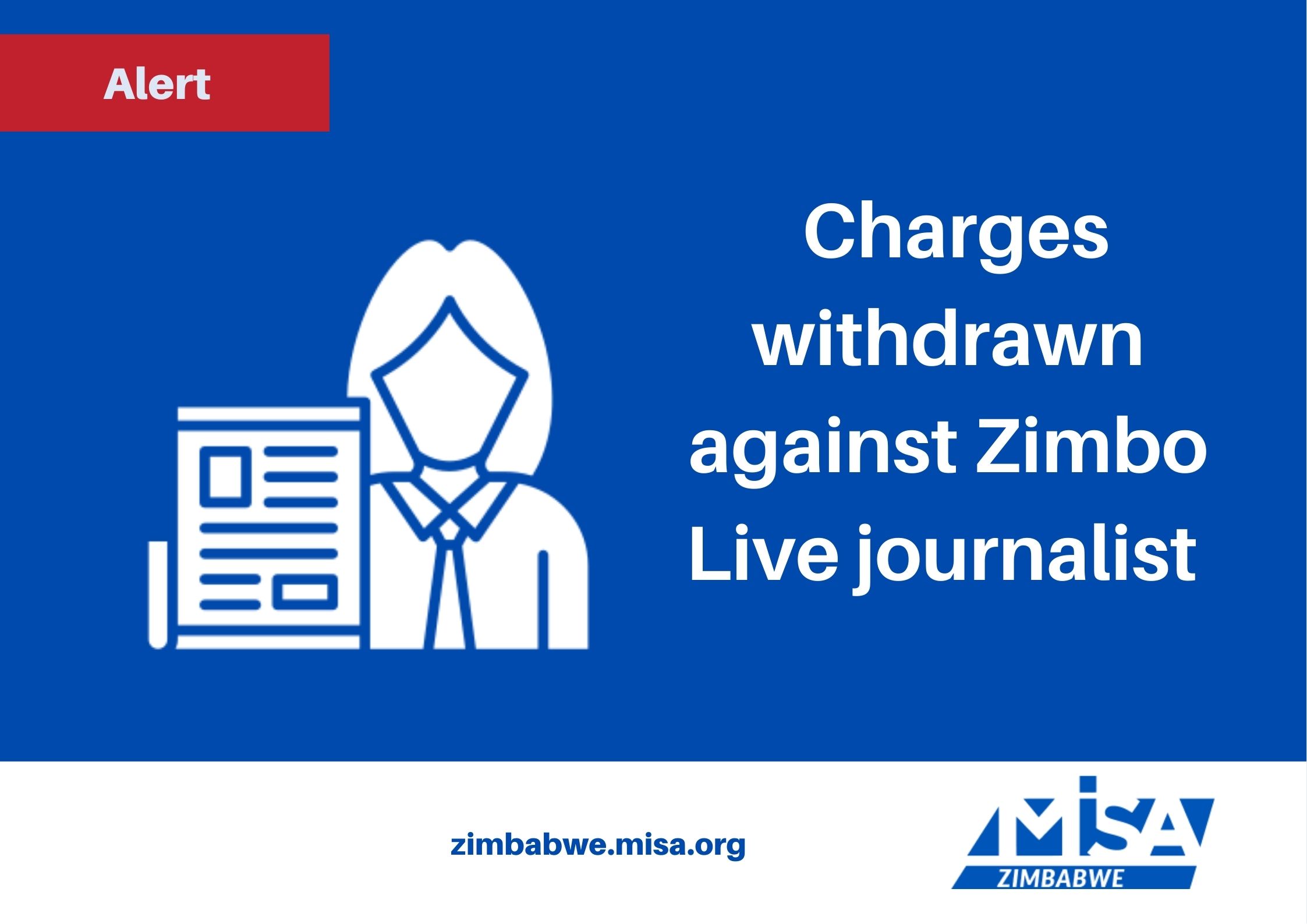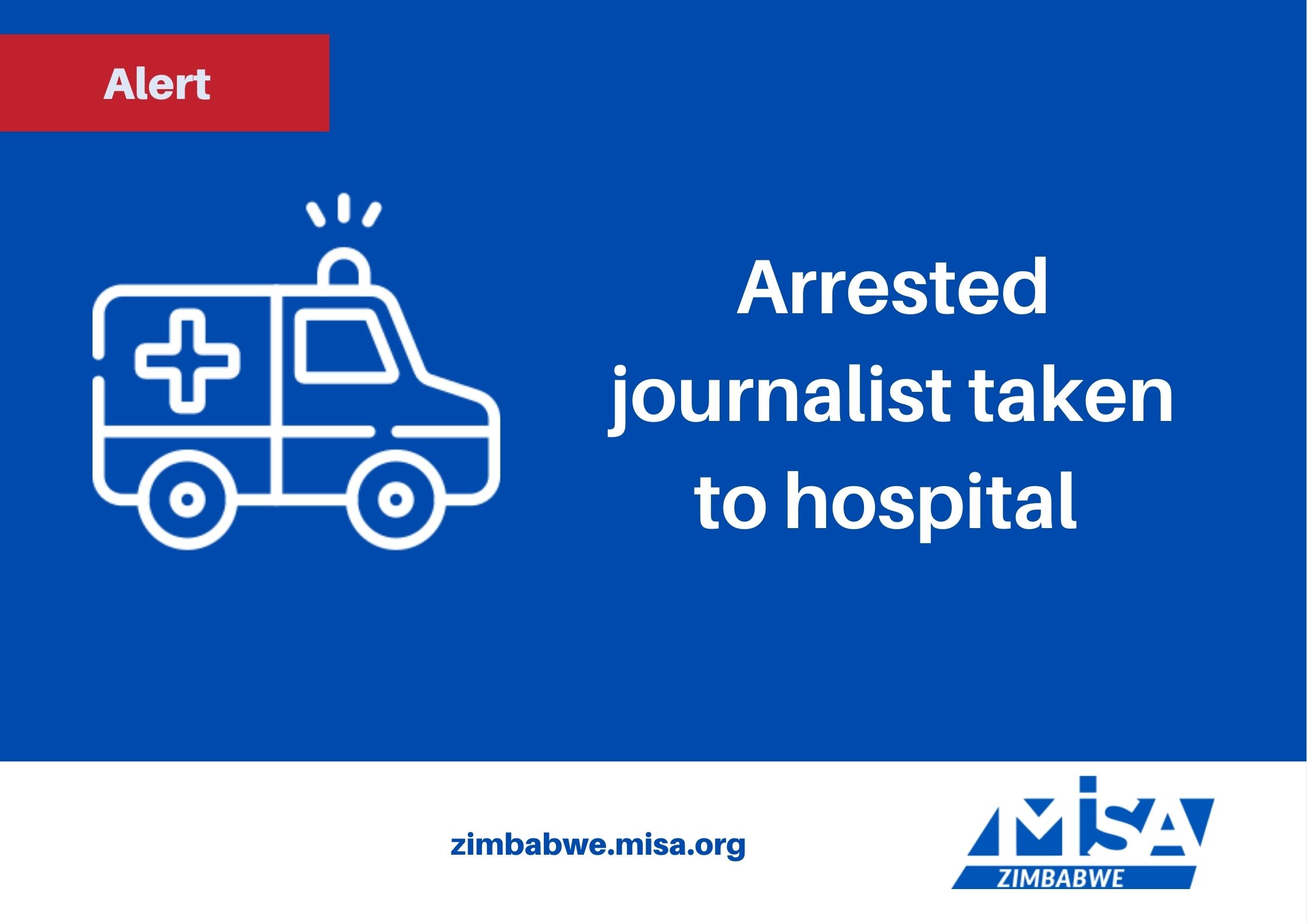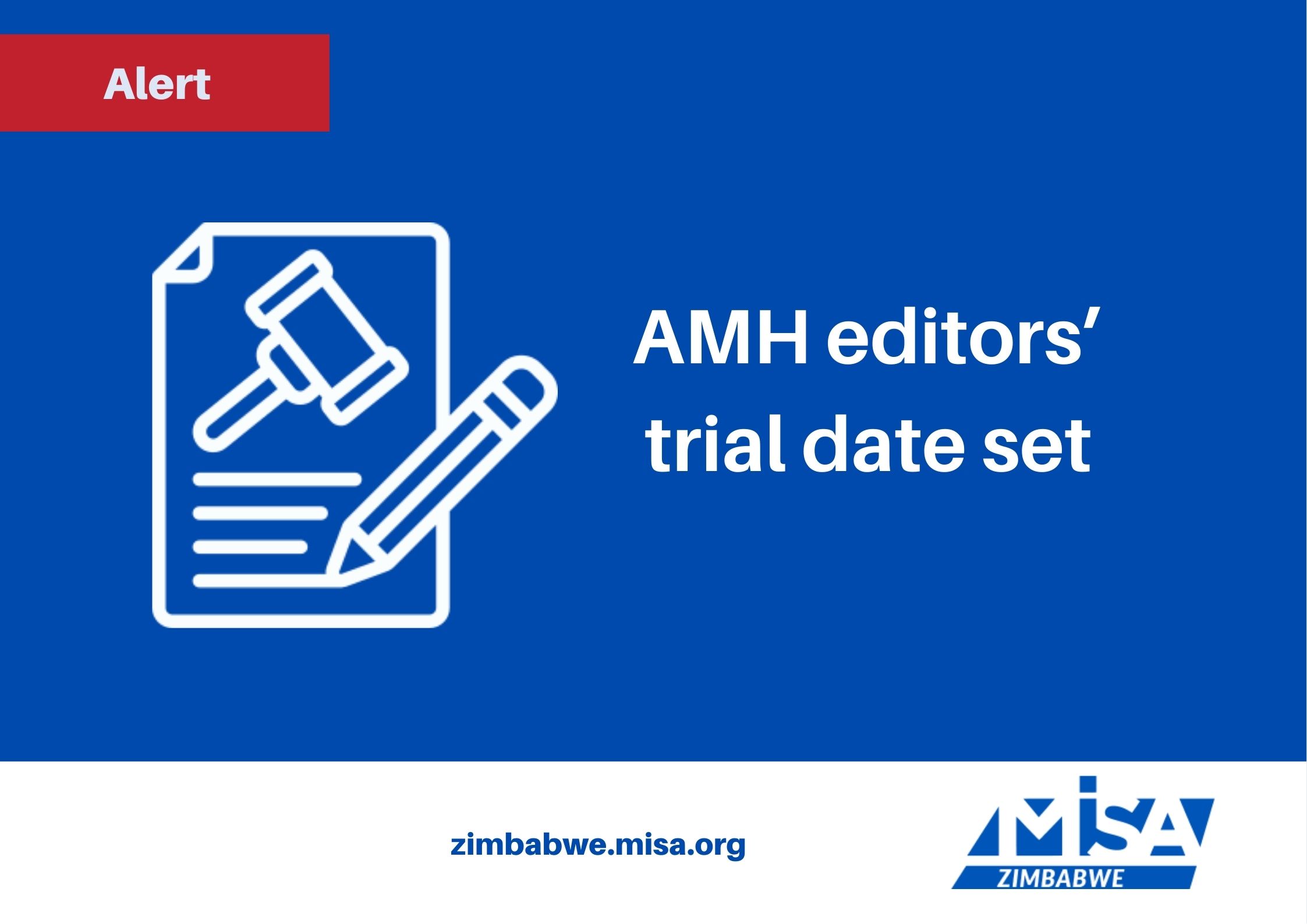This year’s International Day for Universal Access to Information Day (IDUAI) is being commemorated when the world is undergoing global health problems caused by COVID-19.
MISA recognises that free media is crucial for a comprehensive response to the ongoing COVID-19 pandemic. Only by keeping the public informed can we prevent a further spread of COVID-19.
Regrettably, some governments are using this imperative as a pretext to introduce disproportionate restrictions which is a counterproductive approach that must stop. In the light of the COVID-19 pandemic, MISA is calling on all states to ensure unhindered access to information, both online and offline.
Access to Information – Saving lives, Building Trust, Bringing Hope is the theme for the 5th IDUAI – 2020 and is focused on to the right to information in times of crisis.
Indeed, everyone has the right to comprehensible, accessible, timely and reliable information concerning the nature and level of the threat COVID-19 poses to their health, allowing them to follow evidence-based guidance on how to stay safe.
People need access to information in order to empower themselves to have choices and control over the decisions that affect their lives.
Meaningful participation in democratic processes requires a citizenry that is well-informed. And a commitment to open and transparent governance is non-negotiable if people are to get the information they need to hold their governments to account, build trust, reduce corruption and be active and meaningful participants in their own development.
For the past 11 years, MISA has been evaluating the level of openness of government and public organisations in its annual Transparency Assessment in Southern Africa. The study seeks to establish the ease or difficulty with which citizens can access public information. The 2020 report which was done in collaboration with Namibia Media Trust and ACTION Namibia Coalition, showed that despite Mozambique and Tanzania being among countries in Africa with access to information laws, they had the lowest scores among the nine countries surveyed in terms of information response.
The average response rate was 14 for Mozambique and 16 for Tanzania. In contrast, Namibia had a very good response rate at 25 points on average with the lowest-performing organisation at 13 points and the highest at 34 points out of 40 points. These are not very good points more especially for countries with access to information laws.
However, MISA wishes to commend the government of Malawi for gazetting 30th September 2020 as the date on which the Access to Information Act will become operational.
We have the highest confidence that this law will enable Malawian citizens to access information held by public entities. This increased access to public information will create an enabling environment for citizens to participate in promoting accountability in the management of public resources in the country.
It is also gratifying that to note that, the Freedom of Information Act, which is part of the processes of repealing the widely
discredited Access to Information and Protection of Privacy Act (AIPPA) 2002, came into effect on 1st July 2020 in Zimbabwe.
With such positive developments in Malawi, Zimbabwe and indeed some other countries in the Southern African Region, MISA hopes that the new standards set will be followed by other countries and public entities.
MISA is urging countries in Southern Africa that do not have access to information to honour their obligations under such auspicious international, continental and regional instruments as the International Covenant on Civil and Political Rights (ICCPR), the African Charter on Human and People’s Rights and the SADC Protocol on Culture, Information and Sport. And we draw attention to the fact that ATI has been positioned as a critical ingredient in the attainment of the objectives of both the global Sustainable Development Goals (SDGs).
We are saddened that while the SADC region is seen as a beacon of peace and growing democracy, it seems unwilling to put in place the full mechanisms that facilitate full citizen participation and access to the government they elect including institutions established to provide the services.
Access to Information laws and/or policies are the cornerstone of public access to information. Once adopted, these measures establish a “right-to-know” legal process by which requests may be made for government-held information, to be received freely or at a minimal cost.
Issued by
Hellen Mwale
Regional Chairperson
The MISA Transparency Assessment report for 2020 is available to read and download.













